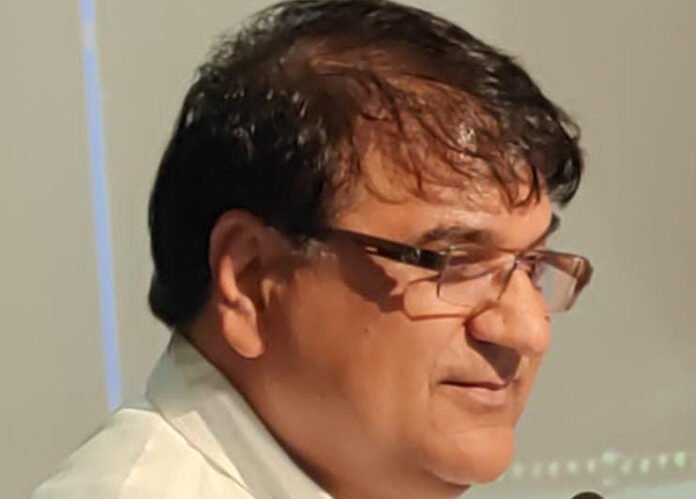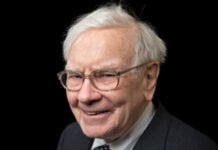International research professor and digital diplomacy expert Dr. D.P. Sharma today delivered his keynote address at the prestigious E-Quantum Computing International Summit 2025, organized by the United Scientific Group, USA.
In his keynote, Dr. Sharma stated that the unprecedented speed and scale of quantum computing will transform the world’s operational efficiency in ways that are both unexpected and astonishing.
Highlighting the significance of the Quantum Computing-as-a-Service (QCaaS) model, he said, “QCaaS is democratizing the power of quantum computing by providing quantum processing capabilities through the cloud.” He explained that not only large research institutions but also small and medium-sized enterprises can now leverage this cutting-edge technology without costly hardware investments.
According to Dr. Sharma, QCaaS will revolutionize sectors such as financial modeling, drug discovery, material science, and cybersecurity by solving complex optimization and simulation problems at unparalleled speed. He predicted that the future of QCaaS lies in its deep convergence with High Performance Computing (HPC) and Artificial Intelligence (AI), opening new pathways for efficiency and innovation across industries.
Calling the convergence of quantum computing and AI “the most exciting yet the most dangerous,” Dr. Sharma remarked, “We believe that the most transformative fusion for quantum computing is with transformer architecture — the very technology that powers today’s generative AI.”
He also issued a critical caution: “Quantum computing will challenge humanity to reinvent its own speed, scale, and capability.” He added that this challenge marks the beginning of a new era of triangular convergence among quantum, AI, and cloud technologies, where machines will learn and create with far greater subtlety and speed.
The international summit witnessed participation from distinguished scientific speakers from around the world, who shared their research and insights on various quantum and future-computing themes.
Umit Bektas from IBM, Poland discussed advancements in quantum approximations.
Anindita Banerjee from India’s Supercomputing Institute C-DAC elaborated on quantum communication and the convergence of supercomputing and quantum computing.
Anicet Kamogne from Cameroon presented on the “Effect of Spot.”
Martin Gander from Argentina delivered a presentation on “A Symmetry of Force Fields. New Brunswick researchers from New Zealand presented their work on sub-region hippocampus segmentation.
















